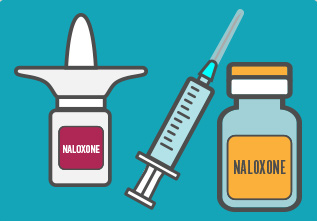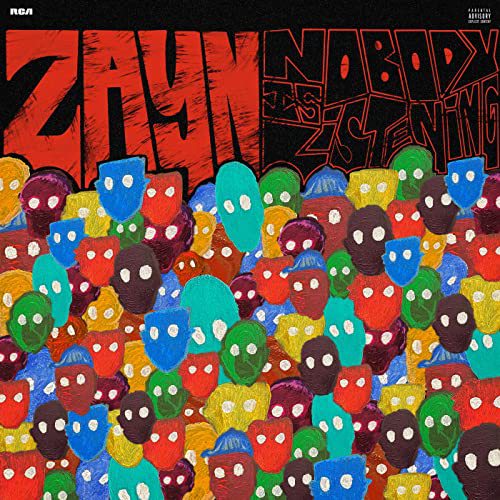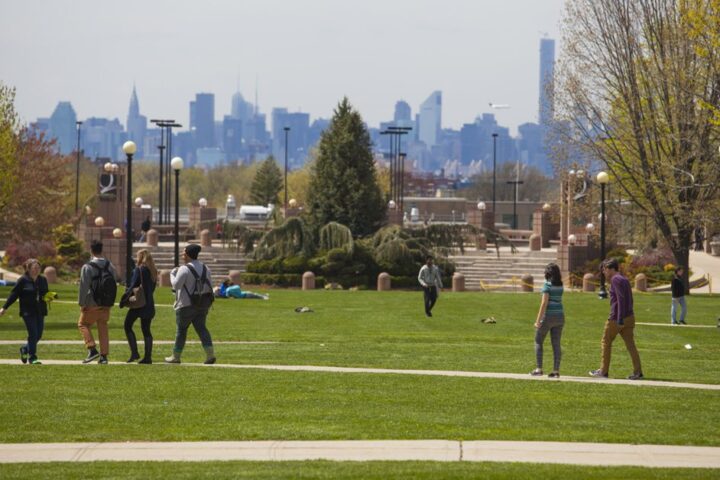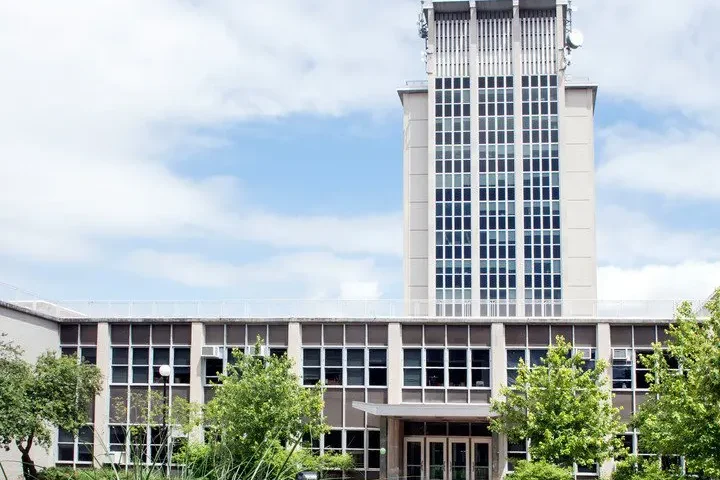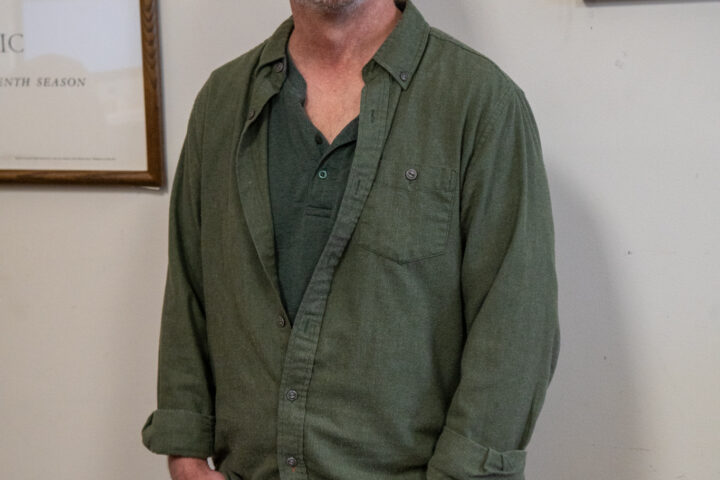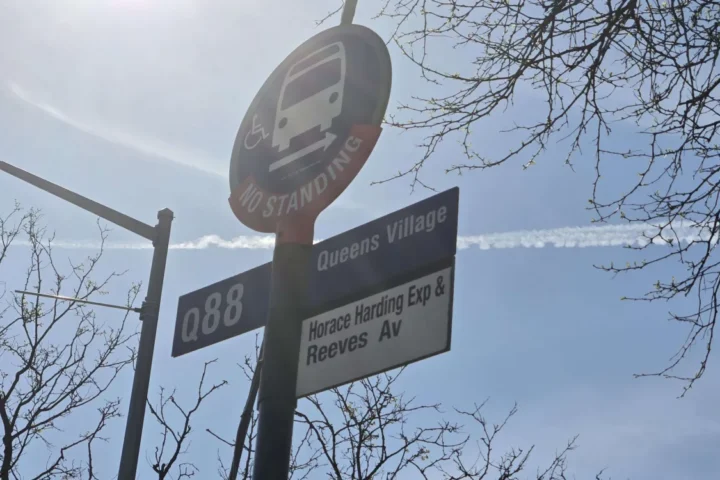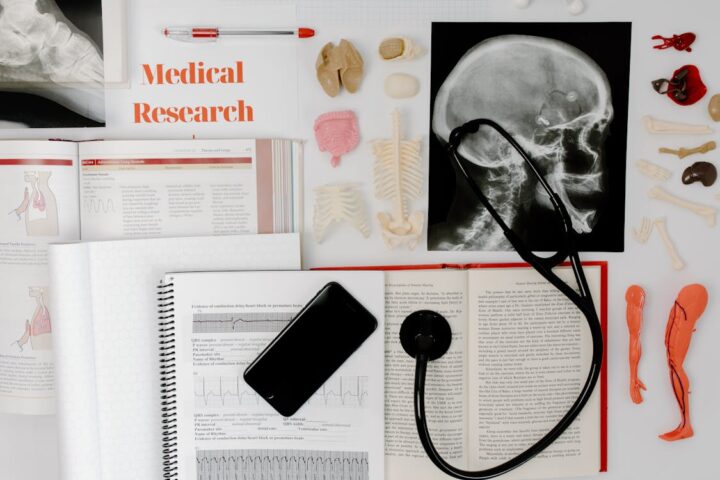At least 115 people in the U.S. die of an opioid overdose every day causing the White House to recently declare the epidemic a national emergency. Therefore, increasing the availability of Naloxone (Narcan) kits, especially on the Queens College campus, will help in combating this problem that’s been keeping a vice-like grip on this country.
According to Practical Recovery, a drug addiction treatment center in San Diego, California, Naloxone is a medication that serves as an antidote to opioid overdose. Naloxone works by reversing respiratory depression caused by opioid (natural, semi-synthetic and fully synthetic) drugs. One disclaimer, however, is that the medication doesn’t work for alcohol, cocaine, meth, and benzodiazepines (Xanax, Valium). According to the rehabilitation center, Naloxone was originally patented by inventor Jack Fishman in 1961 for the treatment of constipation due to opioid use. It was not known at the time that it would later save thousands of lives and become a hallmark drug in the response to the opioid epidemic. Naloxone became a household product in the 90s when distribution of the drug was opened to lay people.
Opioids slow one’s breathing function altogether, but Naloxone works by binding to opioid receptors in the brain and inhibiting the uptake of opioid molecules. In doing so, the overdose can be reversed and respiratory function can resume. Thus, the center goes on to say that the use of Naloxone is recommended in the event of a suspected opioid overdose. During an opioid overdose a person may exhibit symptoms such as a purple/black hue on the lips and/or fingernails, unresponsiveness to external stimuli and breathing may be slow/shallow/erratic or may have stopped completely. However, other symptoms may occur. When you see these signs respond right away. Call 911 and administer the medication.
Kyaw Htet a freshmen and psychology major said, “I never received any medical training… so I prefer to trust the ones who have experience with that. However, I believe that this should be important for people to become familiar to their loved ones and they would know what to do right way.”
These kits are life-saving. According to a new study published in the Centers for Disease Control and Prevention’s June 19 Morbidity and Mortality Weekly Report, nearly 27,000 lives have been saved as a result of Narcan kits given to friends and family to reverse opioid overdoses. It goes on to say that the drug is commonly used in emergency rooms to treat overdoses and is often carried by police, fire, and emergency medical services. With the cost of only $25 per dose, if Narcan kits would be made completely available to the public, it could save many lives.
However, some students are concerned that making this publicly available may increase the rate of people overdosing on drugs. Michelle Chan, a computer science major also minoring in business said, “I have received training in and am certified in CPR and first aid, but not as like [an] emergency room response or drug overdose response.” When asked if she considered it important for people to become familiar with the kits she said, “I think it’s certainly a great idea to get people to be aware of such [a] drug, but we must be wary [of] the process of doing so that people don’t become reliant on such a drug for they might actually overdose a lot more than medical professionals try to warn against.”
The rehabilitation center acknowledges this fear that Naloxone instills a false sense of safety and encourages users to push past “safe” levels of use. However, they go on to say that these arguments have no research to back them, and to limit access to a life-saving drug based on unfounded theories is just simply unethical. Amber, a computer science major, said that, “I have not received medical training. However, I do think it is important for people to become familiar with this especially for families because overdose commonly occurs with addicts in cases of attempted suicide, so families need to be prepared just in case.” She went on to say that, “If anything, everyone should have been educated on the matter, but at the very least if families and friends know someone that takes medication regularly they should know how to use Naloxone. Even with just anyone that takes medication, to be honest! Better safe than sorry.”
If you have anyone in your personal life that’s a victim of drug abuse, they can call the National Drug Helpline at 1-800-633-3239. They can also call the NYC Hotline at 1-888-NYC-WELL (1-888-692-9355) or visit the NYC Health website at https://www1.nyc.gov/site/doh/health/health-topics/alcohol-and-drug-use-services.page


